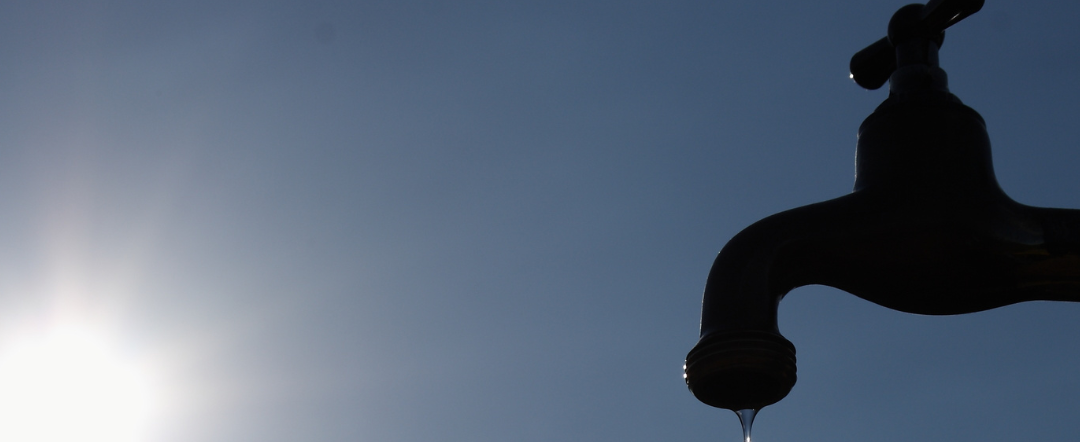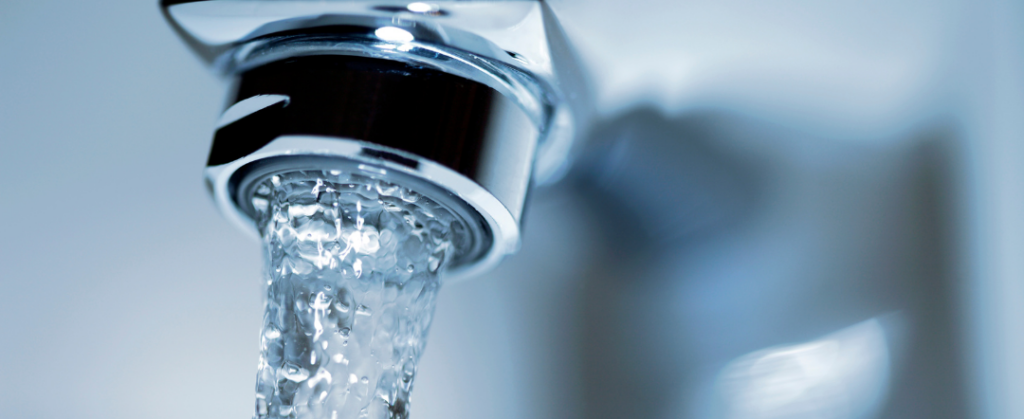Six Tips to Avoid Frozen Pipes

Jack Frost is on his way, so put on that extra blanket and get your fireplace and battalion of partially used candles out. Winterizing your plumbing system should be on your list of seasonal tasks, along with planning holiday vacations and making sure your children’s coats still fit. Plumbing can suffer significantly from cold weather, leading to frozen pipes, water damage, and expensive repairs. In this post, we’ll cover how to winterize your plumbing system so you can get your house ready for the next unexpected cold snap.
Six Tips to Avoid Frozen Pipes
1. Winterize Hose Bibbs:
In addition to bringing your outside furniture inside, you should cover and empty any outdoor faucets, often called hose bibbs, as well as empty and store any garden hoses. Hose bibbs that aren’t winterized run the risk of having residual freeze, which can expand and burst the pipe.
2. Maintain a Steady Indoor Temperature:
Even though it may seem more energy-efficient to switch off your heat at night, it’s actually not, and doing so can damage your pipes. Your pipes are more likely to freeze if the indoor temperature is unstable, especially when the temperature drops at night. On top of that, switching your heat on and off requires extra effort from your heater to get your house back to the temperature you want. So, it’s crucial to remember not to set the heat down too much when you leave town.
3. Water Heater Maintenance:
In addition to preventing problems, having your water heater serviced before the harsh winter months can improve its efficiency. Your bath-loving family members will be grateful. Since hot water is more likely than tepid water to freeze in cold weather, you should consider insulating your water heater’s area if it is in an uninsulated area. Sign up for our yearly plumbing maintenance plan, which includes a water test, plumbing service inspection, and the flushing of your water heater.
Tip: In the winter, maintain a comfortable temperature for your water heater. Once more, the hotter the water, the easier it will freeze when with cold temperatures.
4. Seal Cracks:
Ensuring that your windows and doors are adequately sealed throughout the winter months will assist in keeping warm air inside and cold air outside. This helps your heater by preventing it from having to the outside air that is leaking inside, and it can also give your home’s pipes an extra layer of defense.
5. Insulate Exposed Pipes:
When the temperature drops, the water pipes in an unsealed crawl space are most susceptible to freezing, so insulate any exposed pipes and ensure your crawlspace is sealed. This can help prevent pipes from cracking and sustaining significant damage.
6. Let Faucets Drip:
If it’s extremely cold outside, let a faucet drip. The movement of water will combat freezing. But if your water heater and pipes have been inspected and are properly insulated, this shouldn’t be necessary.
The last thing we want in the winter is a reason to get out of our cozy bed, like to fix a plumbing problem or spend our Christmas money on an expensive repair. By winterizing your pipes, you can shield your hot water habits—like taking a steamy bath to warm yourself up after a cold day —and avoid weather-related damage to your plumbing system, such as frozen pipes. Call or arrange a plumbing inspection right now if you would like one of our plumbing experts to examine your plumbing system for winterization!
If you found this post helpful, check out our other blog posts, subscribe to our YouTube channel, and follow us on social media for more HVAC and plumbing tips, information, and fun!
Air Experts is always here for your Heating, Cooling, Indoor Air Quality, Plumbing, and Water Treatment needs. Our award-winning customer service team is available 24/7, or you can easily book an appointment online.




